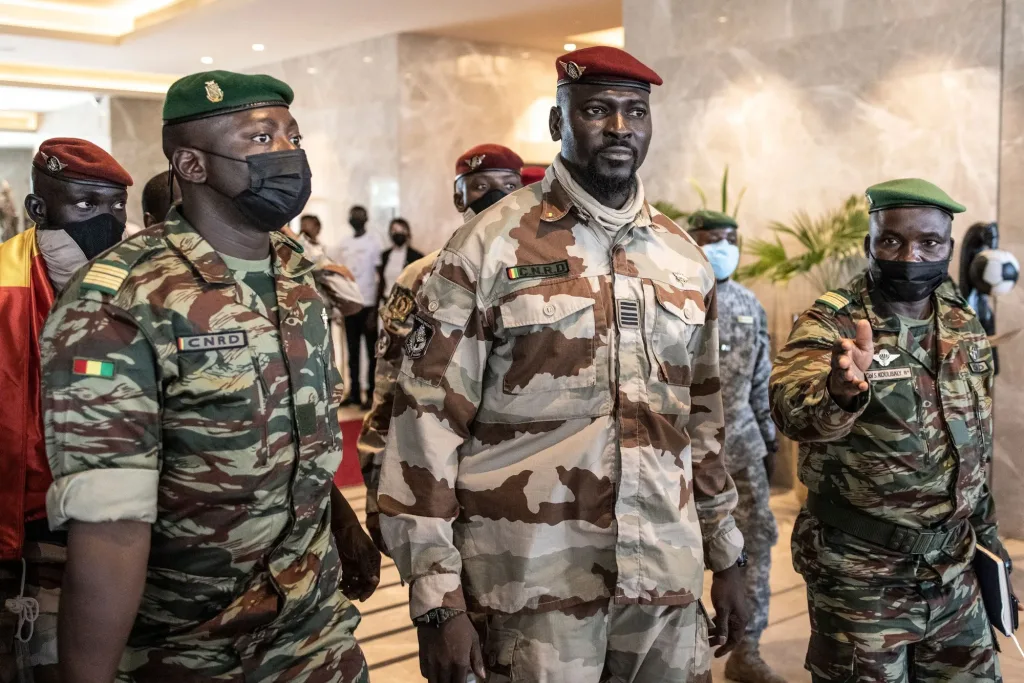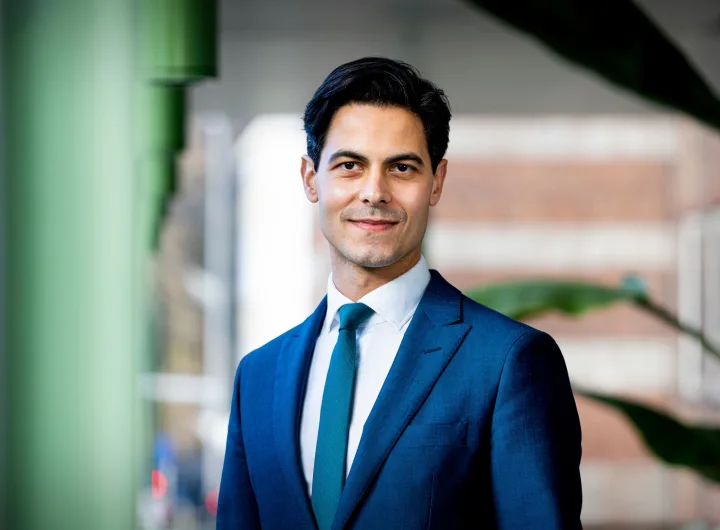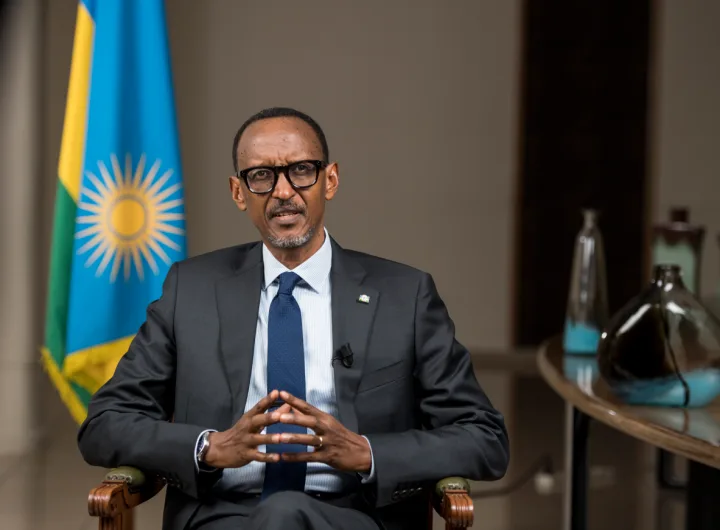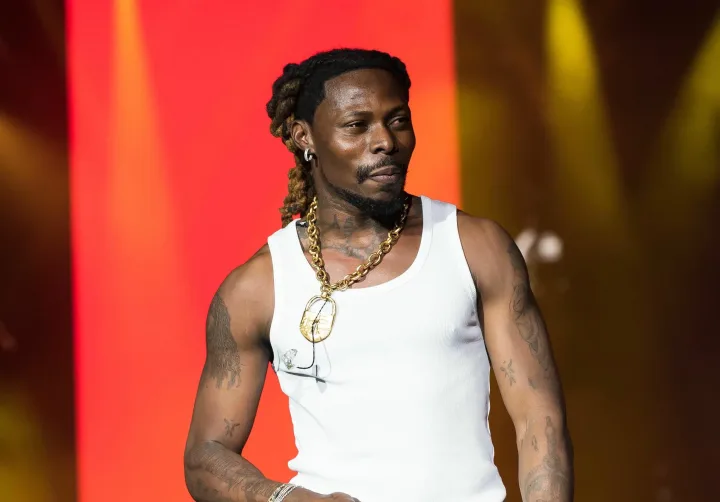
Junta leader is expected to contest for the presidential election in Guinea/Getty
Junta leader Mamady Doumbouya has not yet announced whether he will seek the presidency.
Guinea will conduct its first presidential election on December 28 since the military takeover in 2021, according to a decree announced on state television.
The decision, which came after the Supreme Court approved a new constitution, seemingly paves the way for coup leader Mamady Doumbouya to move from military junta head to democratically elected president.
This scheduled election represents a crucial turning point in the nation’s political transformation.
The fundamental change making this possible is the recently ratified constitution, which supersedes the transitional charter that had prohibited members of the military junta from seeking elected office.

This development essentially eliminates the legal barrier that would have prevented General Doumbouya from entering the race, although he has yet to announce his plans publicly.
Related: Colonel Assimi Goita Set To Extend Military Rule In Mali
The revised charter also brings substantial institutional changes, most notably increasing presidential terms from five to seven years, with the possibility of one renewal.
Approval process and doubts about turnout
The constitutional referendum was approved by a commanding 89% majority, as confirmed by the Supreme Court, which also reported voter turnout at 92%.
These numbers have, however, been received with considerable doubt.
Opposition figures have challenged the reported participation rate, contending that it contradicts sharply with their own accounts of minimal voter presence at polling locations.
This controversy surrounding the referendum’s credibility raises questions about the legitimacy of the forthcoming election schedule.
Part of a broader regional pattern with global implications
The military coup in Guinea was one of several such interventions throughout West and Central Africa.
The nation now represents a split in regional approaches: countries such as Chad and Gabon have conducted elections to establish a formal transition back to civilian governance, whereas others including Mali and Niger have chosen extended transitional frameworks.
Guinea’s election holds considerable international economic significance, given that the nation possesses the world’s largest bauxite reserves and the enormous, undeveloped Simandou iron ore deposit, which makes its political stability a matter of worldwide economic interest.

 Violence Grips Mexico Following Death Of Drug Lord “El Mencho”
Violence Grips Mexico Following Death Of Drug Lord “El Mencho”  Netherlands Swears In First Openly Gay Prime Minister
Netherlands Swears In First Openly Gay Prime Minister  US Military Aircraft Land In Nigeria With Troops
US Military Aircraft Land In Nigeria With Troops  Tems Becomes First African Woman To Break Billboard Record
Tems Becomes First African Woman To Break Billboard Record  Kagame Condemns International “Threats” Directed At Rwanda As US Sanction Looms
Kagame Condemns International “Threats” Directed At Rwanda As US Sanction Looms  Bandits Kill Nearly 200 In Kwara And Katsina State
Bandits Kill Nearly 200 In Kwara And Katsina State  Asake Tops Spotify Nigeria’s All-Time Most-Streamed Artist List
Asake Tops Spotify Nigeria’s All-Time Most-Streamed Artist List